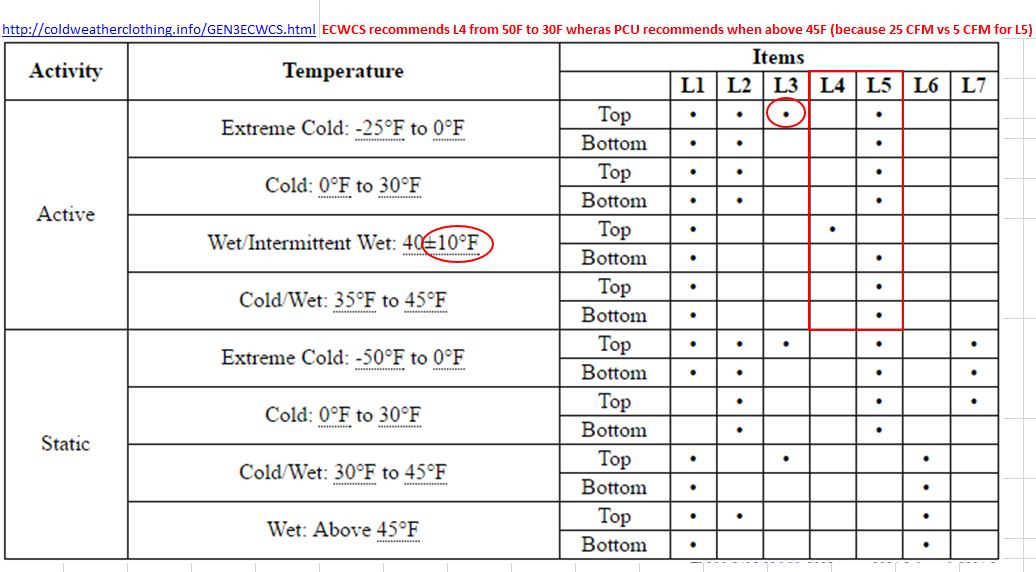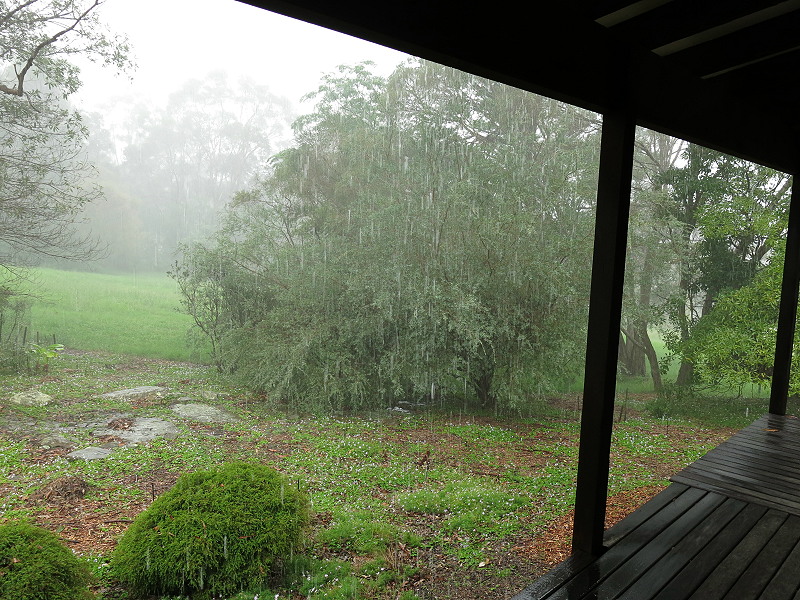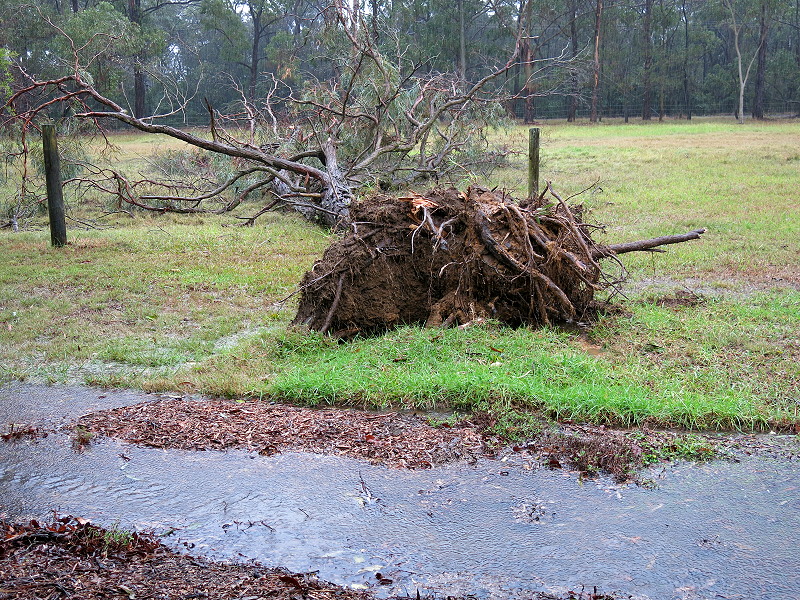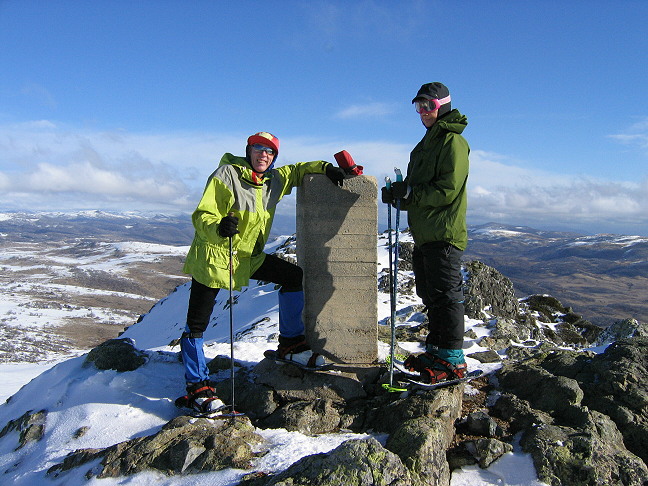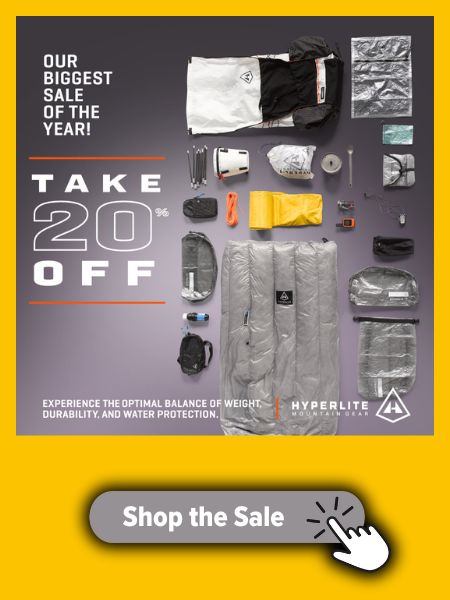Topic
A good alternative to WPB gear for ACTIVE backpacking
Forum Posting
A Membership is required to post in the forums. Login or become a member to post in the member forums!
Home › Forums › Gear Forums › Gear (General) › A good alternative to WPB gear for ACTIVE backpacking
- This topic has 367 replies, 46 voices, and was last updated 6 years ago by
 Stumphges.
Stumphges.
-
AuthorPosts
-
Mar 20, 2017 at 1:24 pm #3458142
Where is Doug’s post? It shows in the recent threads but not in the actual thread. I may be wrong but the frequency of disappearing posts seems to be increasing.
Mar 20, 2017 at 1:41 pm #3458146Like others, made an edit and the post disappeared.
Mar 20, 2017 at 2:48 pm #3458159Disappearing posts:
I gather the spam filter used by the commercial Forum SW running this site has gone slightly mad (latest update). Ryan is trying to sort it out.
CheersMar 20, 2017 at 2:54 pm #3458161Hi Nick
One of the problems with the standard poncho/tarp, which is usually 5′ x 8′, is it is too big as a poncho and too small as a tarp. Yes, tying a cord around the waist in windy weather helps, but there is a lot of extraneous material in “poncho” mode.
Yes indeed. But that is a poncho/tarp, which is quite a bit different from my MYOG Poncho. Mine is similar to The Packa.
For an interesting minimal-sweat variation, you could also look at the Paramo Poncho. Thoroughly breathable material.
Cheers
Mar 20, 2017 at 3:08 pm #3458165Other branches of the US Military (ECWCS Gen III) now base their recommended ensembles on the success of the US Special Forces PCU system. The following is their latest recommended layers for different conditions. The primary thing to note, is that like the PCU system, conventional WPB layers (L6) are ONLY recommended for static use.
 Mar 20, 2017 at 3:13 pm #3458168
Mar 20, 2017 at 3:13 pm #3458168conventional WPB layers are ONLY recommended for stationary use.
Really?
It all makes sense of course.
Camo umbrellas maybe?Cheers
Mar 20, 2017 at 4:53 pm #3458190Richard. So is the Gen 3 ECWCS the same as what you guys have been talking about, are all the levels the same?
It’s hard to see that much of a difference in the base layers, and L3 compared to anything commercially available. I’m never in the market for the lightest, it’s always too expensive for me.
Mar 20, 2017 at 5:16 pm #3458195Todd,
The concepts and designs are very similar, if not identical, between the PCU blocks 0,1,2 and ECWCS Gen III. The KISS explanation for garments worn while active:
-Light weight base layer set of Polartec Power Dry
-Medium weight base layer set of Polartec Power Dry
-Nylon windshirt with EPIC encapsulation (the specs say >300mm HH, and CFM up to 25)
-Nylon softshell pants and jacket with EPIC encapsulation (the specs say >300mm HH, and CFM up to 5)
-Polartec Thermal Pro Fleece (for active use down to -25F)You can find commercial equivalences of all of the above. The commercially available Wild Things 1.0 windshirt and pants in the Coyote color approximate the CFM and HH specifications for the Level 5 softshell. The Wild Things 1.0 in multicam approximate the CFM and HH for the Level 4 windshirt.
My point of emphasis is: “WPB garments that are rainproof, will generally not pass enough water vapor out at a backpacking metabolic rate (7 MET) to not adversely affect your comfort and efficiency.”
Buffalo/Paramo/Furtech use the same concept as the military, without permanent DWR, and so it doesn’t have to be an EPIC garment to work.
Mar 20, 2017 at 5:33 pm #3458199My point of emphasis is: “WPB garments that are rainproof, will generally not pass enough water vapor out at a backpacking metabolic rate (7 MET) to not adversely affect your comfort and efficiency.”
So much for ‘Guaranteed to keep you dry’. I’ll bet Gore fought against that one tooth and nail!
But I agree entirely. We have all suffered enough.Cheers
Mar 20, 2017 at 8:24 pm #3458240Looks like the 40 year old waterproof/breathable-while-active story has been similar to the emperor’s new clothes story.
Mar 20, 2017 at 11:45 pm #3458265Daryl,
Thanks for the elaboration.
Now I get it. From this thread, looks like WPBs do not work for many others either.
Sort of thought it might involve something like that, and that is why I focused on ventilating approaches.
Also appreciate that you live in a climate even more rainy than NH, although you mentioned once that there are areas in your State that are drier.
Maybe just a soft shell top, shorts and one of those sturdy umbrellas that can also attach to the pack. I think you might melt under a poncho.
Oh, and a barber shop and a vehicle to ride to it that are both air conditioned.
One good thing, your internal furnace is still going strong, so you will probably outlive many of us by decades.
It now takes me 4 days to drive unstressed to a favorite haunt at the head of Poudre Canyon, Colorado. Sometimes that is the only avenue to drier hiking.
Good on Richard for taking on this issue.
And it is a blessing to live in a country where there is time to read and chat on the web like this, despite the little annoyances such as those Ryan is struggling with.Mar 20, 2017 at 11:51 pm #3458266so what happens if you old tattered windshirt has below 300 or so HH … especially in the shoulder areas …
;)
Mar 21, 2017 at 3:15 am #3458284Sometimes, here in Sydney, it rains. Not like the mild English drizzles, but RAIN. That’s not fog in the background: that’s a solid wall of water (rain).

Sometimes it rains a lot. Then the wind blows – fortunately in a safe directon this time.

You can wear what you like, but you might as well just get wet.
(Yes, both from my verandah.)Cheers
Mar 21, 2017 at 8:13 am #3458295“And it is a blessing to live in a country where there is time to read and chat on the web like this,”
I agree. And to fiddle with gear, garden, watch movies, etc. Been retired for 15 years. Has been the best job I’ve ever had. Having both health, time and money to do whatever I want is a rare commodity and I fully appreciate it.
Sam,
Thanks for the suggestions. I’ve experimented a lot with umbrellas, ponchos, pack hoods, etc. with and without shorts. I always come back to foam for the upper torso and wind pants for the bottoms. This has been the only combo that will keep me adequately warm while moving in all combinations of cooler weather (e.g. snow, slushing, heavy rain, wind, etc.) It also serves as part of my sleep pad system so the net weight is hard to beat.
Mar 21, 2017 at 8:35 am #3458308It just shows that everybody is different: The true value of this site lies in the fact that every claim from an outdoor brand will be analysed here in even the smallest detail. What one does with this knowledge and what everybody wears – whether a WPB like e.g. GTX or a silnylon poncho or whatever – is then op to him or her.
Mar 21, 2017 at 8:43 am #3458311What an awesome thread. I really hope we see more lightweight epic-esque windshirts come out of the works and we can all rejoice in our warm, but wet ensemble.
Mar 21, 2017 at 3:25 pm #3458416“What an awesome thread.”
+1 to that. I truly appreciate all the sharing of expertise as well as the sincere respect everyone has expressed toward eachother (in this thread).
So… Richard, any thought’s about battery powered wpb’s?
;>D
Mar 21, 2017 at 5:32 pm #3458454+1 to Eric’s question about <300 HH
I see a few issues with this in an UL system:
- You still need a static rain shell. Now you have two setups for rain instead of one.
- Still relies on DWR. Correct me if I’m wrong but a wind shirt that has wet out is 0 CFM.
- Hard to find wind shirts that meet the required specs
A well ventilated poncho or new rain jacket that won’t wet out still seems to be the best UL approach for sustained rains.
Mar 21, 2017 at 6:19 pm #3458464Matt,
Thanks for the interesting find. It is truly a breakthrough if you need to move water vapor out of your clothing WITH concomitant, effective blocking of chemical warfare (CW) agents. Their highest level of vapor transport was 3706.6 g/m2/24hr using the ASTM E96 B test method. You can achieve that today with a shell porosity of only 1.29 CFM if you are willing to forgo CW protection and not require it be rainproof.
The ASTM E96B test is .97 correlated with the DPMC and they are the two best measures of real world performance. At very high vapor transport rates, the ASTM E96B test tends to under-report whereas the DPMC does not.
Note that you will rarely see a ASTM E96B test score given for a WPB garment. JIS 1099 L B is used most often because it yields a MUCH LARGER number which correlates with a larger number of sales (smile).
Mar 21, 2017 at 6:20 pm #3458465I think that I may be making a definition mistake. What is a “soft shell”? When folks talk about soft shells, it makes me think of Schoeller type fabric. Based on Richard’s description of Wild Things jackets that approximate Levels 4 and 5 of the military gear, I’m thinking that “soft shell” is a loose term for not waterproof, but highly breathable? I don’t think of my Patagonia Houdini as a “soft shell”.
Mar 21, 2017 at 7:03 pm #3458477Great thread, I learned a lot. I do a lot of similar layering today, but now have some ideas for what I think will be improvements. I’m in the southeast and do most of my winter layering under an OR Ferrosi, which works quite well for me even in light rain.
One thing that did confuse me a little was the information on the Patagonia Houdini. Is my assumption correct that the pre-2013 Houdini (coveted by many) is better as a dry climate wind jacket due to it’s exception breathability, but the Houdini from 2013 forward is better in damp environments?
Another piece that I use quite a bit is a PGA Tour Packable Jacket with a hood that I picked up at an airport kiosk for $20. It breaths better than my 2015 Houdini and seems to have a better DWR. I’ve search everywhere for more of them, but no luck. It is definitely heavier at 8 1/4 oz for a large.
Thanks for all of the information, especially Richard who puts in significant time to help us all.
Mar 21, 2017 at 7:07 pm #3458479Paul,
Woven garments, such as uncoated windshirts do not generally degrade HH as do coatings and membranes.
I agree that a well ventilated poncho is a viable alternative to achieve both breathability and rainproof-ness if you are not bushwhacking a lot. An umbrella may also address those same requirements.
EPIC garments with a range of CFM values are available from multiple sources.
Regarding new rain jacket that won’t wet out:
-Dri-ducks’ CFM is about .33 versus 5 – 25 for military EPIC garments and WIll R.’s backpacking test shows it requires at least 7 CFM to not steam up on typical backpacking terrain. You also cannot bushwhack in this material.
-Gore-Tex Shake Dry.has the same general limitations as above
-Columbia Outdry Ex has an even worse moisture transport issue than above but it can easily handle bushwhacking.
-Other?
Mar 21, 2017 at 7:23 pm #3458487Richard are there any EPIC options that are not camo or OD? I am aware of any.
Mar 21, 2017 at 7:29 pm #3458493EPIC exists (or has existed) in other colours. But my jacket on left is MYOG. Commercial outlets?? Dunno.

Cheers
Mar 21, 2017 at 7:34 pm #3458494Diane,
You said, “I’m thinking that “soft shell” is a loose term for not waterproof, but highly breathable?”.
Yes, rainproof (replaces the term waterproof) and is less than 1,500 mm HH.
We only need 3 general functional classifications. 1) >1,500 mm HH is a “static rainproof” , 2) less than 1,500 mm is “not static rainproof” and 3) >300 mm HH can be adapted as an “active rainproof element” with the appropriate Power Dry base layer and MET rate..
The pre 2013 Houdini was not static rainproof (70 mm HH) and can’t be used as an “active rainproof element” layer (>300 mm HH). The post 2013 Houdini (457 mm HH) is also not static rainproof but, can be adapted as a “active rainproof element”.
-
AuthorPosts
- You must be logged in to reply to this topic.
Forum Posting
A Membership is required to post in the forums. Login or become a member to post in the member forums!
HAPPENING RIGHT NOW (February 11-21, 2025) - Shop Hyperlite Mountain Gear's Biggest Sale of the Year:
Our Community Posts are Moderated
Backpacking Light community posts are moderated and here to foster helpful and positive discussions about lightweight backpacking. Please be mindful of our values and boundaries and review our Community Guidelines prior to posting.
Get the Newsletter
Gear Research & Discovery Tools
- Browse our curated Gear Shop
- See the latest Gear Deals and Sales
- Our Recommendations
- Search for Gear on Sale with the Gear Finder
- Used Gear Swap
- Member Gear Reviews and BPL Gear Review Articles
- Browse by Gear Type or Brand.

